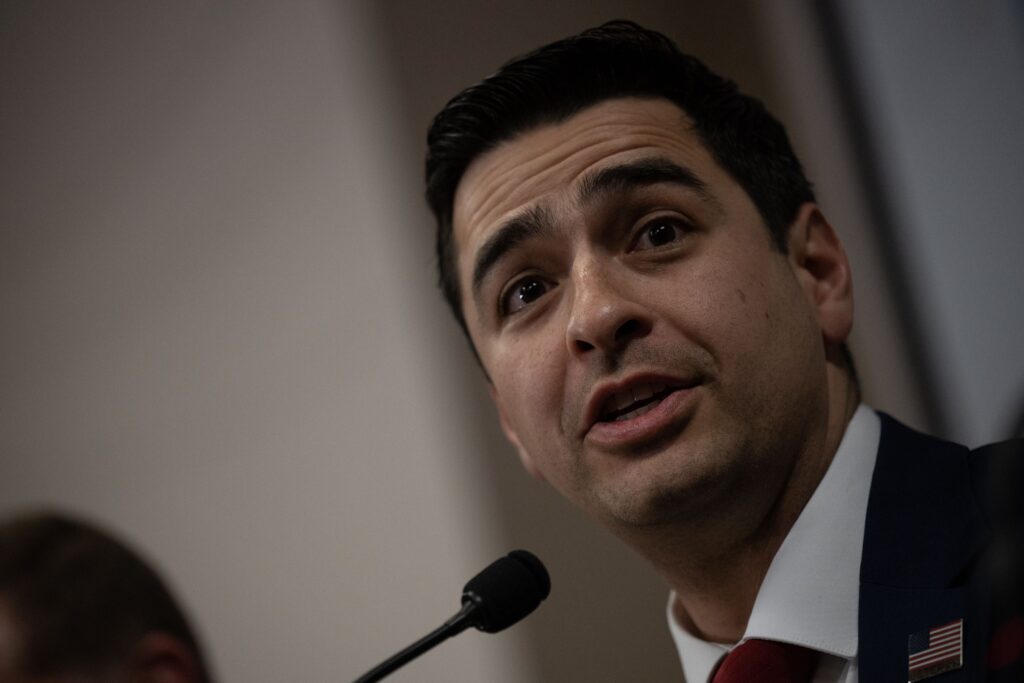Watson: For Colorado small businesses, health insurance tax needs permanent repeal

It’s election season, so as an entrepreneur and business owner, I again find myself the subject of countless talking points and campaign promises. But for all the lip service that politicians pay to job creators, we often find ourselves coming up short on real actions that will help us to prosper and grow.
The kinds of steps that help small businesses expand — and consequently to create jobs, development, and, yes, tax revenues — are rarely found in programs that create ribbon-cutting moments for elected officials. More often, they happen when government simply resists the powerful urge to play favorites in the economy.
We find a compelling example of this in a little-discussed portion of the Affordable Care Act called the Health Insurance Tax, or HIT. Its name is as dry as any other piece of bureaucratese, but its acronym is surprisingly accurate: The HIT deals a serious blow to small businesses.
When businesses are required to provide health insurance coverage to their employees, they really only have two options. Large companies can afford to self-insure; they can spread the costs of injuries and serious illnesses across lots of employees and manage the costs on their own.
Smaller businesses like mine don’t have that option. A company with a payroll counted in the dozens or even in the hundreds could find itself bankrupted by the medical bills of just one or two employees. Self-insurance just isn’t an available choice.
Instead, we have to turn to the insurance companies for coverage. This option is itself expensive, but it is the only solution to providing a health-insurance benefit to our employees. However, since we have no choice but to turn to the insurance companies, we find ourselves paying the costs they pass along. Just like fans at a stadium find themselves captive to whatever costs the concession stands want to charge for a drink and a hot dog, small businesses are captive to the costs that insurance companies decide to pass along in our direction.
If action isn’t taken to permanently repeal the HIT, it will be one of those costs that we, as captives, will be forced to pay. And it’s not small: The actuarial firm Oliver Wyman estimated its impact at $530 a year for each and every person employed by a small business.
The consequences of this massive sales tax on health insurance is that businesses like mine and many others will be starved of the resources we need to reach for new opportunities. We simply can’t act as reliable engines of growth for the economy when we’re forced to carry a massive new tax load — especially when big companies can avoid that same tax burden by self-insuring.
When small businesses are free to pursue opportunity, they create jobs, empower people, and make communities stronger. But government can starve those businesses of the fuel they need to power their growth by imposing unreasonable and disproportionate burdens like the HIT on the entrepreneurs of this country.
Entrepreneurs like me aren’t looking for lip service or shortcuts; we simply want a fair and level playing field. Our leaders in Washington can help make this happen by permanently repealing the HIT — thereby striking a blow for small businesses, rather than against us.













